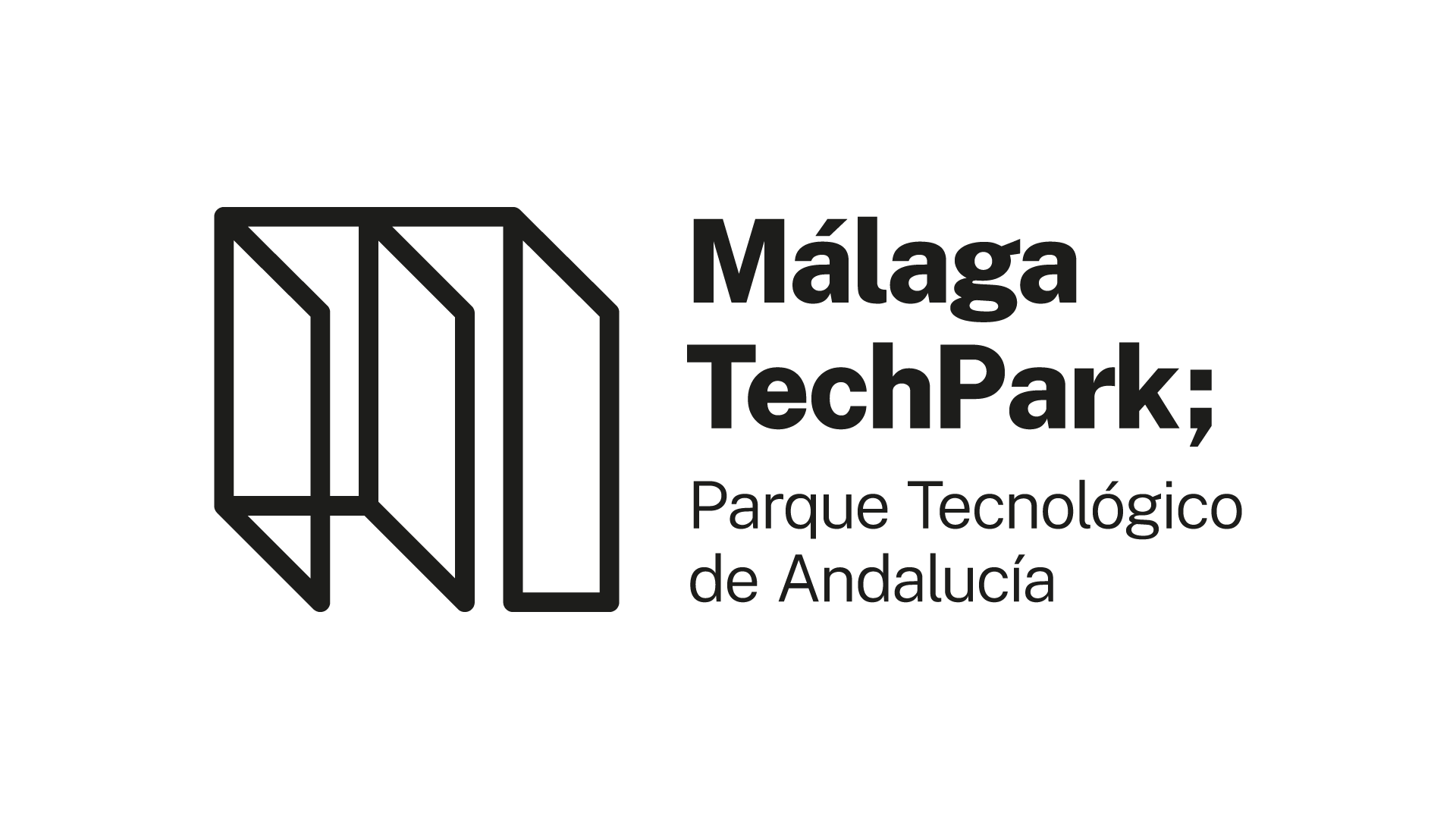- The doctoral thesis titled “The Role of Science and Technology Parks in the Regional Innovation Ecosystem” provides empirical evidence about the positive effect of science and technology parks in the business innovation field
Last Wednesday, 8th January, was defended by Marcos Antón Tejón, a doctoral candidate at the University of Málaga. The main motivation behind his work has been to assess science and technology parks as a policy for innovation and regional development, as well as to provide new empirical evidence on the positive impact of Spanish science and technology parks.
The main findings of the thesis reveal that being located in a Spanish science and technology park has a positive effect on patent quality, with an increase of over 20% in the number of citations received and approximately 7% in the number of years the patent remains active. Additionally, the research highlights that around 12.6% of the park’s effect on the number of citations can be attributed to the fact that patents developed within the park are more collaborative. In other words, they involve larger teams of inventors and demonstrate greater participation from universities compared to patents developed outside the park.
On the other hand, the thesis results reveal that the age of the parks shows a “U-shaped” effect on the future citations of patents, indicating that the youngest and oldest parks have the most positive impact on patent quality. Regarding parks promoted by universities and those not promoted by universities, the study finds that both types of parks have a positive impact on patent quality.
The research study also reveals that younger companies benefit the most from being located in a park in terms of patent quality, based on citations. However, when considering company size, larger companies derive the greatest benefit from being located in a park regarding patent quality through their renewal rates.
The thesis also evaluates the effect of science and technology parks from a provincial perspective, analyzing their impact on companies and entities outside the parks’ boundaries. In this regard, the policy of creating science and technology parks positively influences patenting activity in the regions, with this impact becoming evident primarily in the medium term. Specifically, six to ten years after the park’s creation, the effect is around 43%, and between years 11 and 15, the effect increases to approximately 74%.
The thesis builds on research lines previously established by Alberto Albahari, a professor at the University of Málaga, who is one of the co-directors of this thesis and one of the most prolific researchers in publishing papers on the effectiveness of science and technology parks’ activities.

